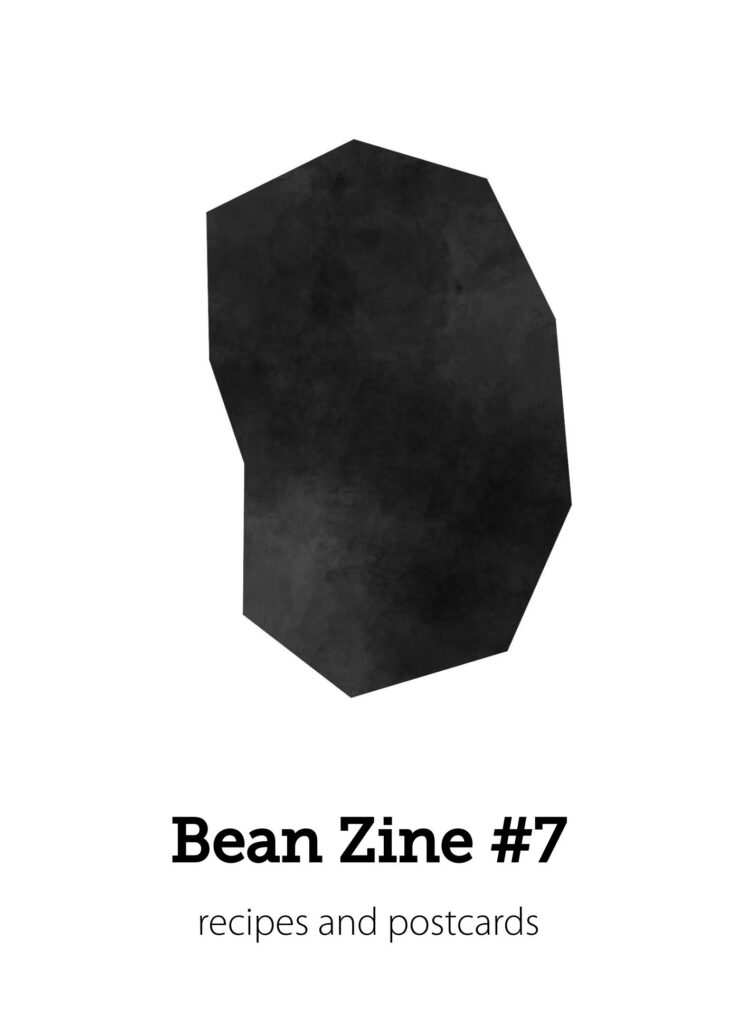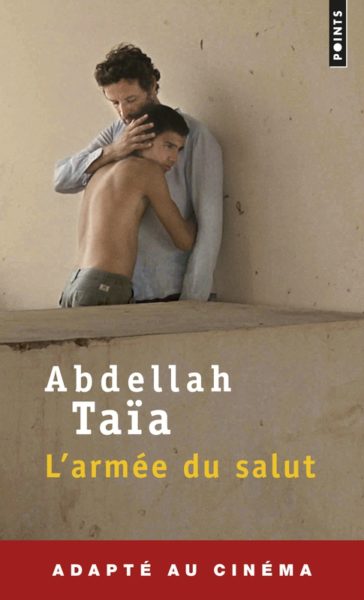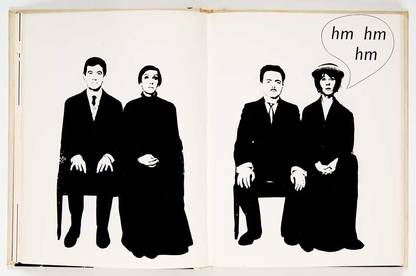Some favourite things I pinned over the past few weeks.
On the communication value of ums and uhs
Counter to what Toastmasters would have you believe, we seem to use more “disfluencies” like um when we know what we’re talking about, and saying “um” helps listeners understand us better. I am used to watching for and celebrating the ways that real life is messier than idealized definitions when it comes to things like body diversity, relationships, even economics. I am delighted that spoken language is messy too!
Your Speech Is Packed With Misunderstood, Unconscious Messages (Nautilus)
Deafness on film
Beware the spoiler for A Quiet Place, but I learned a lot from this article about historical and contemporary representation of deafness and Deaf culture in movies. It includes some thoughtful criticisms of The Shape of Water, and introduced me to the term Deaf gain as a positive counter to the concept of hearing loss.
Quiet Places (LA Review of Books)
The Volcano is back!
So exciting to see The Volcano back in action! They even have a podcast up. I read several great articles over there this month, and bookmarked some more for later. Here is one that stuck out to me, for seeing through the healthcare rhetoric around government responses to the overdose crisis in BC.
Back to the War on Drugs – Canada’s Public Health/Public Safety response to the Fentanyl Overdose Crisis (The Volcano)
What if Black Panther had been created by an African?
This reads like an undergraduate assignment, but I enjoyed this comparison of Black Panther to Kwezi, a more recent superhero created by black South African visual artist Loyiso Mkize. The rest of the site is worth exploring too, if you are interested in African speculative fiction.
From Kwezi to The Black Panther: The Progressive Politics of the Black Superhero in Comics (Omenana)
Long profile of what is scary about Palantir
Even Google has noticed that I “show interest” in aspiring vampire Peter Thiel and his company Palantir. Palantir somehow keeps a lower profile than other giant tech companies and I haven’t seen them mentioned in much reporting about the Facebook/Cambridge Analytica story, despite being involved on both sides of the data breach.
This profile provides rare descriptions of what Palantir’s surveillance software actually looks like and what it does, as well as who their clients are (dictators, cops, and maybe your boss) and how real communities have been affected.
Palantir Knows Everything About You (Bloomberg)
Fun excerpt from Fabulous: The Rise of the Beautiful Eccentric
Making the case that fashion-haters are the ones who are really obsessed with superficial appearances.
I have a pair of spiked wedge shoes that are always a conversation piece when I wear them out. They are my favorite thing, and I would be totally depressed if I lost them somehow. Whenever people see them in my room they always ask to try them on. Everyone does this—male, female, heterosexual, gay. They try them on for the fun of it and they love the feeling the shoes give them. But then they say: “I could never wear those,” a phrase we have all used to describe an item of clothing that makes us uncomfortable or that we don’t see ourselves in because it goes against the image we have already constructed for ourselves. But who actually says we can’t wear it?
The power of appearance, that’s “who.”
Fashion naysayers are often people who are “uncomfortable with taking full responsibility for their own looks,” Anne Hollander tells us, “who either fear the purely visual demands of social life—‘appearance’ or ‘appearances’—or don’t trust the operation of their own taste,” which means in the end that they “feel threatened and manipulated by fashion.” Negative theories of appearance emerge out of a nervousness and anxiety about one’s own way of looking, which coincidentally works to reinforce the power of appearance.
Why Is Caring About Fashion Considered Unserious? (Literary Hub)
Mushrooms make their own weather
Because of course they do. Never bet against a fungus!
Everybody Talks About the Weather But Mushrooms Do Something About It. (Small Things Considered)










